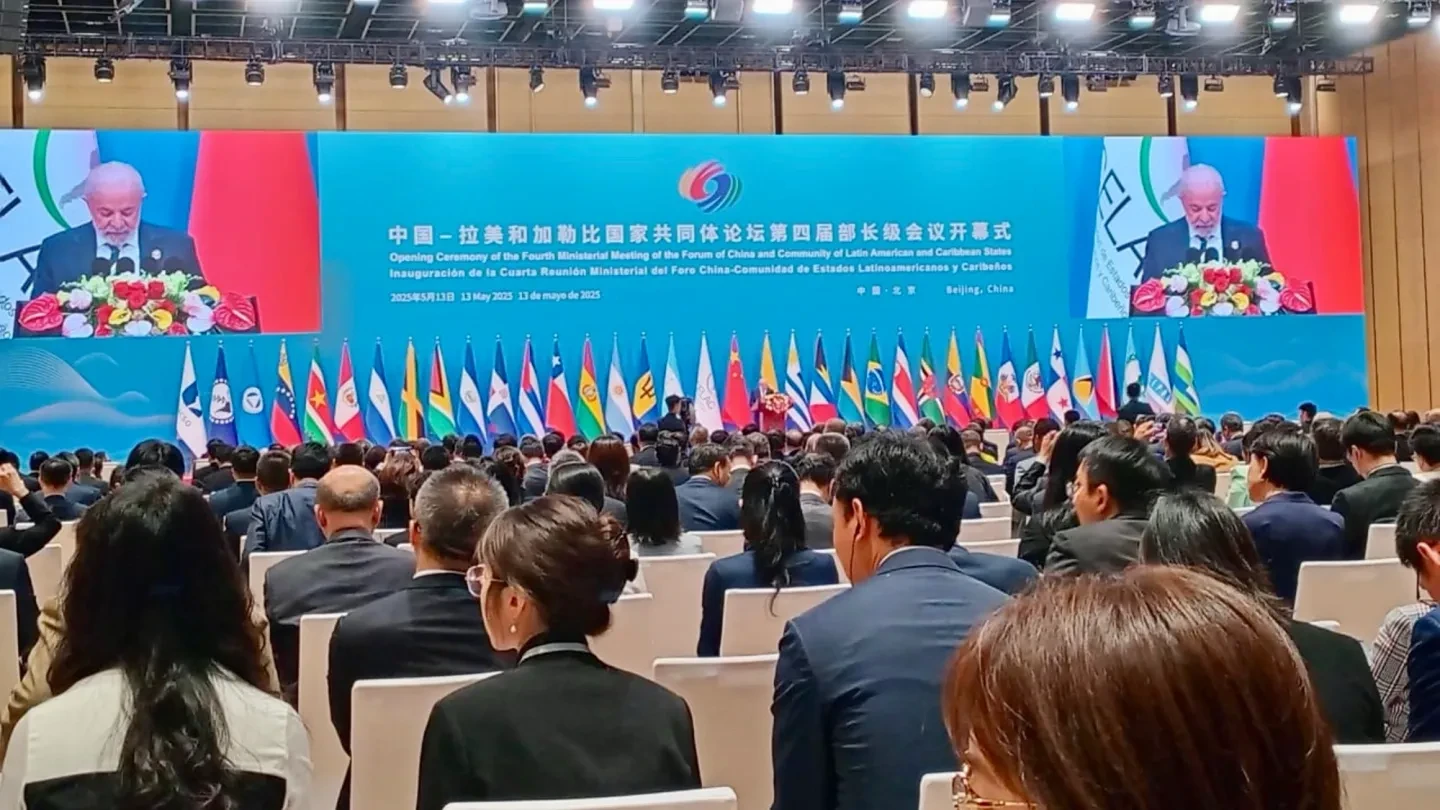IFAD hints at food system support, amid climate risks

A SPECIALISED United Nations agency has pledged to assist government efforts to integrate plans on food systems to national development processes.
Sakphouseth Seth Meng, the country director for the International Fund for Agriculture Development (IFAD), told delegates at the food systems stakeholders’ workshop here yesterday that the agency’s focus will remain on enhancing agriculture’s role, eradicating hunger and poverty, and addressing the risks posed by climate change.
“We are confident that Tanzania will achieve its goal of a sustainable agrifood system that nourishes its people and ensures food security for generations to come,” he said.
Since 2021, Tanzania has embraced global efforts to reshape its food systems by unlocking its vast agricultural potential, enabling the country to feed itself and become a food basket for the region, he said.
However, the transformation requires investments in climate-smart agriculture, efficient water use, crop diversification and inclusive value chains that empower women, youth and people with disabilities, he stated.
“The transformation of food systems is not just reform; it is the key to achieving sustainable development and national priorities,” he declared, underlining that this initiative requires bold actions, shared responsibilities and strategic investments from all sectors of society.
It also needs coordinated action across government agencies, the private sector, civil society organisations and effective media campaigns on the issue, he stated.
He pointed at Tanzania’s development frameworks including Vision 2050, the Agriculture Sector Development Programme II (ASDPII), the Agriculture Master Plan and the Zanzibar blue economy and agricultural transformation strategy, as clearly demonstrating this commitment.
The six national pathways for sustainable food systems, part of a mid-term vision for 2030, provide a comprehensive roadmap to guide these collective efforts, he said, affirming that the UN in Tanzania remains committed to supporting the government in translating these pathways into actionable plans.
This will ensure coherence, coordination and measurable impact in achieving meaningful food systems transformation, as it requires addressing numerous drivers such as climate change, urbanization, governance, technological innovation and demographic shifts, he pointed out.
Equally important is raising awareness, fostering collaboration and enhancing the capacity of stakeholders to plan and act on food systems issues, he remarked.
The Joint Programme for Advancing Sustainable Food Systems (JP Food Systems), implemented by the UN Food and Agriculture Organization (FAO), the World Food Programme (WFP) and IFAD is actually one initiative aimed at addressing these challenges, he further stated.
With funding from Sustainable Development Goals (SDG) grants tied to various multilateral and bilateral agencies, this catalytic programme will help strengthen Tanzania’s food systems, attract investment and drive transformative change, the country director intoned.
Top Headlines
© 2025 IPPMEDIA.COM. ALL RIGHTS RESERVED






















